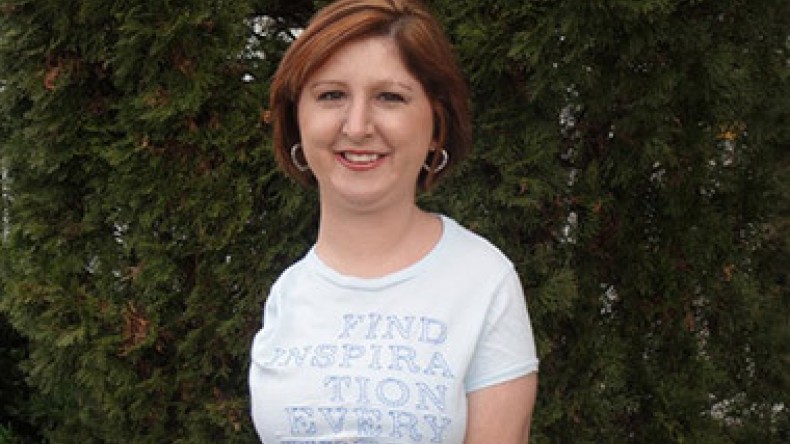
Woman slowly calcifying into a 'human statue'
Ashley Kurpiel has a condition known as fibrodysplasia ossificans progressiva (FOP), which affects only a few hundred people worldwide. The genetic disorder results from a mutation in the ACVR1 gene. Physically traumatic events, like a fall or other injury, can cause muscle swelling and a speeding up of the ossification process, the Voice of Russia said.
When Ashley Kurpiel was 3 years old, doctors amputated her arm thinking she had cancer. A few months later, doctors found out they were wrong, and Kurpiel’s family learned her condition was much worse.
At 31 years old, Kurpiel surfs, travels as an inspirational speaker and watches her niece.
“I have energy, so I’m going to go do it,” Kurpiel said. “Tomorrow, I might not have this mobility. Everyday I do what I can while I can.”
Kurpiel recently got back from a trip to Russia after a woman with FOP contacted her, saying recent media coverage of Kurpiel’s lifestyle inspired her.
The trip to Russia was eyeopening to Kurpiel. Not just traveling to a different country, but traveling to one without the accommodations for disabled persons.
“If you are physically disabled, you are put away,” Kurpiel said of those in Russia.
“Everyone was looking at me like I was a freak show,” she continued.
Talking with Kurpiel it is hard to believe that she “was a very shy and reserved little girl.” In her youth, she wasn’t impacted by the symptoms associated with FOP. She was, however, an amputee.
In terms of her current mobility, Kurpiel said she has limited movement in her neck, she can only walk short distances because her hips and thighs are fused and she can’t lift her arm normally, but she can feed herself with anything that’s “fork friendly.”
Last month, Kurpiel traveled to Denver, Colo., to be fitted for a prosthetic arm. Being both a patient with FOP and an amputtee, Kurpiel feels she is in a unique position and works to raise awareness and support both communities.
Newsfeed
Videos






























